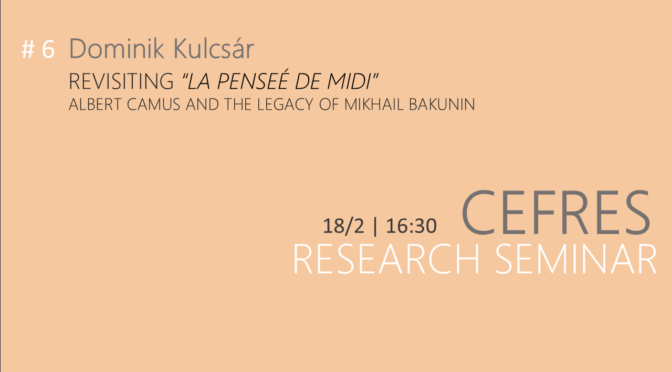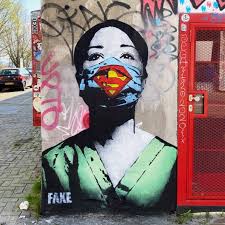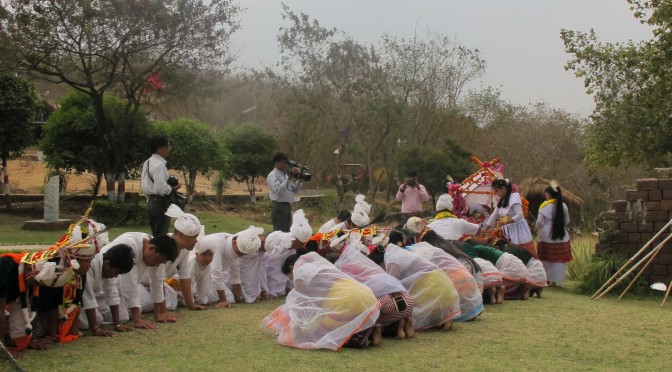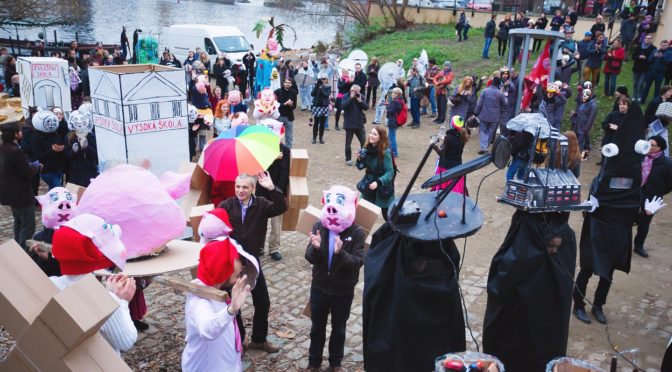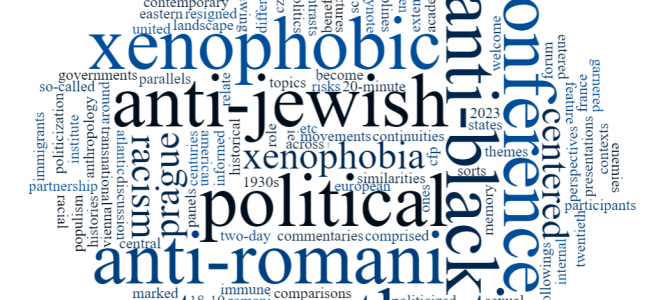Lecture by Didier Fassin
Venue: Faculty of Arts of the Charles University, náměstí Jana Palacha, Prague 1, 2nd Floor, Room 200
Date: 31st October, 5 pm
Organizers: Institute of Ethnology (Faculty of Arts, Charles University) and CEFRES
Language: English
Didier Fassin, James D. Wolfensohn Professor of Social Science at the Institute for Advanced Study in Princeton, Director of Studies in Political and Moral Anthropology at the École des Hautes Études en Sciences Sociales in Paris, is an anthropologist and a sociologist who has conducted fieldwork in Senegal, Ecuador, South Africa, and France. Trained as a physician in internal medicine and public health, he dedicated his early research to medical anthropology, focusing on the AIDS epidemic and global health. He later developed the field of critical moral anthropology, which explores the historical, social, and political signification of moral forms involved in everyday judgment and action as well as in the making of national policies and international relations. He recently conducted an ethnography of the state, through a study of urban policing and the prison system. His current work is on the theory of punishment, the politics of life, and the public presence of the social sciences, which he presented for the Tanner Lectures, the Adorno Lectures, and at the Royal Swedish Academy of Sciences, respectively. He regularly contributes to newspapers and magazines. His recent books include Humanitarian Reason: A Moral History of the Present (2011), Enforcing Order: An Ethnography of Urban Policing (2013), At the Heart of the State: The Moral World of Institutions (2015), Prison Worlds: An Ethnography of the Carceral Condition (2016), The Will to Punish (2018), and Life: A Critical User’s Manual (2018).
The lecture is a part of “Ethnography and Theory” series organized by Institute of Ethnology, Faculty of Arts, Charles University

